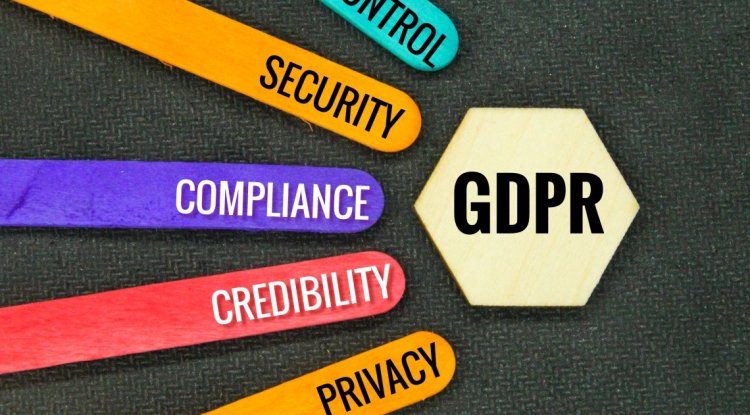Marketing Ethics and Regulatory Landscape: An Overview
Explore the intricate realm of marketing ethics and regulations in this insightful overview. Gain valuable insights into maintaining ethical standards while navigating a complex regulatory landscape.

In today's digital age, where information travels at the speed of light and consumer trust is paramount, the concept of marketing ethics has taken center stage. Marketers wield immense power in shaping perceptions and influencing decisions, but this power comes with responsibilities. Simultaneously, a labyrinth of regulatory frameworks guides these marketing efforts, ensuring fair play and safeguarding consumers' interests. In this article, we delve into the intriguing realm of marketing ethics and the regulatory landscape that governs it.
Understanding Marketing Ethics
Marketing ethics refers to the moral principles and values that guide marketing professionals in their conduct. It's the compass that steers marketers away from exploitative or deceptive practices. Ethical marketing involves transparency, honesty, and a commitment to delivering value to consumers. It's about building trust and fostering long-term relationships rather than pursuing short-term gains.
The Regulatory Landscape
The regulatory landscape of marketing is a complex tapestry woven by various laws and guidelines that oversee advertising, data privacy, consumer protection, and more. Regulations differ across countries and industries, adding layers of intricacy for global marketers. For instance, the General Data Protection Regulation (GDPR) in the European Union and the Children's Online Privacy Protection Act (COPPA) in the United States are pivotal in shaping digital marketing practices.
Case Study: Striking the Ethical Balance
Consider the case of a social media influencer promoting a skincare product. While promoting the product, the influencer emphasizes its miraculous effects on skin health. However, the influencer fails to disclose that they are being paid for the endorsement. This lack of transparency misleads consumers and breaches ethical standards. Furthermore, it violates the Federal Trade Commission (FTC) guidelines in the U.S., which require clear disclosure of paid endorsements. This case underscores the importance of honesty and transparency in marketing practices.
Navigating the Ethical Waters
Maintaining ethical standards in marketing requires a proactive approach:
- Transparency: Disclose affiliations, sponsorships, and potential biases to consumers.
- Honesty: Provide accurate information about products or services, avoiding exaggerations or false claims.
- Respect: Treat consumers' data with utmost care and adhere to their preferences.
- Fairness: Ensure promotions are truthful, unbiased, and don't exploit vulnerable groups.
About Myself
I am Raghav Chugh, a seasoned professional in digital marketing and technology. With extensive expertise in marketing automation, campaigns planning, and lead lifecycle design, I have successfully navigated the ever-evolving landscape of ethical marketing and regulatory compliance. Connect with me on LinkedIn to learn more about my journey.
Empowering Through Knowledge: Zigmo.in
At Zigmo.in (Zero-Intrusion Guard for Marketing Operations), we are dedicated to empowering individuals and businesses worldwide with valuable articles like this one. Our mission is to demystify complex topics, promote ethical marketing practices, and enhance understanding of regulatory frameworks. Visit zigmo.in to explore our platform. Join hands with me, Raghav Chugh, and the Zigmo team in our commitment to ethical marketing excellence.
In conclusion, as the digital landscape continues to evolve, upholding marketing ethics and navigating the regulatory maze are crucial for sustainable success. By adhering to ethical principles and staying informed about regulations, marketers can build enduring relationships with consumers while fostering trust and accountability.
What's Your Reaction?




















